Sama Sherif
Description
Assessment is the systematic basis for making inferences about the learning and development of students. It is the process of defining, selecting, designing, collecting, analyzing, interpreting, and using information to increase students' learning and development.
Intro
Bill Cope is a Professor in the Department of Educational Policy Studies at the University of Illinois. He is Principal Investigator in a series of major projects funded by the Institute of Educational Sciences in the US Department of Education and the Bill and Melinda Gates Foundation researching and developing educational technologies. From 2010-2013 he was Chair of the Journals Publication Committee of the American Educational Research Association. Recent books include The Future of the Academic Journal, (with Angus Phillips, eds) Chandos, Oxford, 2009/2nd edition 2014, and Towards a Semantic Web: Connecting Knowledge in Academic Research, (with Kalantzis and Magee), Woodhead, Cambridge, 2010. He has one patent and two patents pending in the fields of e-learning and web publishing. With Mary Kalantzis, he is co-author of New Learning: Elements of a Science of Education, Cambridge University Press, 2008/2nd edition 2012 and Literacies, Cambridge University Press, 2012; and co-editor of Ubiquitous Learning, University of Illinois Press, 2009. For more information, visit
For several decades now, assessment has become an increasingly pressing educational priority. Teacher and school accountability systems have come to be based on analysis of large-scale, standardized summative assessments. As a consequence, assessment now dominates most conversations about reform, particularly as a measure of teacher and school accountability for learner performance. Behind the often heated and at times ideologically gridlocked debate is a genuine challenge to address gaps in achievement between different demographically identifiable groups of students. There is an urgent need to lift whole communities and cohorts of students out of cycles of underachievement. For better or for worse, testing and public reporting of achievement is seen to be one of the few tools capable of clearly informing public policy makers and communities alike about how their resources are being used to expand the life opportunities for their children. This course is an overview of current debates about testing, and analyses the strengths and weaknesses of a variety of approaches to assessment. The course also focuses on the use of assessment technologies in learning. It will explore recent advances in computer adaptive and diagnostic testing, the use of natural language processing technologies in assessments, and embedded formative assessments in digital and online curricula. Other topics include the use of data mining, learning analytics and artificial intelligence in learning management systems and educational technology platforms. Participants will be required to consider issues of data access, privacy and the challenges raised by ‘big data’ including data persistency and student profiling.
No
AXA
All
